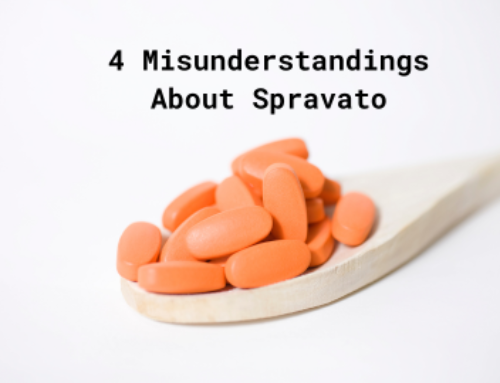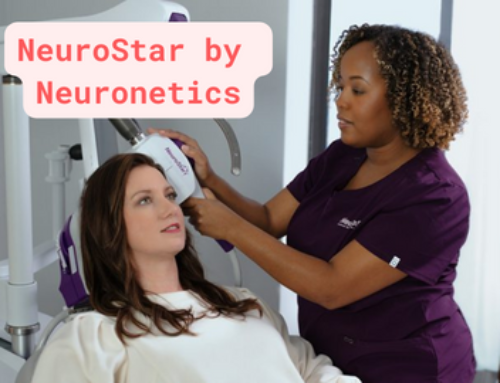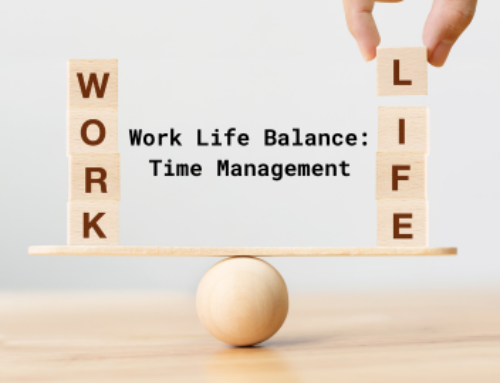Gentle Neuromodulation
Transcranial magnetic stimulation (TMS) is one of the ways we help people with major depressive disorder (MDD) at Rochester Holistic Psychiatry. This treatment involves a magnetic coil that is passed over regions of the scalp over areas of the brain that govern mood, stimulus processing, and the way the brain communicates with itself. TMS uses electromagnetic pulses to stimulate the brain’s neural activity and realign the sending and reception of neurotransmitters. Read more about how TMS works and the regions of the brain here.
TMS is well-tolerated and involves little to no discomfort, but there is a time commitment. rTMS, or repetitive TMS, is the most common way of administering the therapy. Today we’ll take a look at some data about the time commitment for TMS treatments.
Non-Invasive Scheduling
How many times do I need TMS treatment, and how long is each session? There is no set answer. Sessions typically last 30-45 minutes, varying in length depending on the equipment used. Sessions are usually done 5 days a week, and treatment plans are usually 4-6 weeks long but can continue if needed.
When Will I See Results?
How long it takes for TMS to be effective also varies. Some patients notice improvement after 4 weeks, some get good results in as little as 2 weeks. This does not affect how long the treatment lasts for each individual.
Some factors that influence one’s experience with TMS are:
- The patient’s condition and symptoms at the beginning of treatment.
- The patient’s temperament.
- Any disorders comorbid with major depressive disorder (MDD).
- Younger people tend to respond more quickly, though that does not affect the overall results.
- Any antidepressants the patient is taking. Some people have a better experience when using TMS as a supplement to medication or other forms of therapy.
How Long Do the Effects Last?
Patients have reported successes of up to a year of remission. The regimen of 5 treatments a week for 4-6 weeks, or a total of 20-30 treatments, is the schedule used for the most consistent quality. Different approaches are taken based on the patient’s needs, and a treatment plan is created specifically for each patient. Contact us today for any questions.





